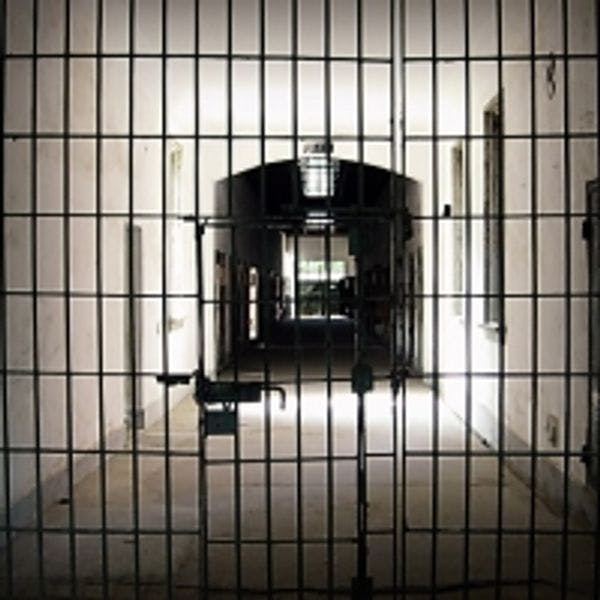Réforme des prisons en Amérique Latine : l’expérience du Costa Rica
Bien que toutes les situations soient différentes et que le Costa Rica présente des avantages par rapport à d’autres pays, les récents efforts du pays présentent un exemple encourageant sur les possibilités de réforme. Pour en savoir plus, en anglais, veuillez lire les informations ci-dessous.
Abonnez-vous à l'Alerte mensuelle de l'IDPC pour recevoir des informations relatives à la politique des drogues.
By Adriana Beltrán and Ashley Davis
In recent decades, the prison population in Latin America has been growing steadily; harsh drug and anti-gang laws have led to a massive expansion of the prison population, causing systemic overcrowding in underfunded and often neglected penitentiary systems. In some cases, such as in El Salvador, the number of people behind bars exceeds the capacity of the prisons by over 320 percent. The majority of prisoners have yet to be tried and many wait years for a hearing. In some countries, gangs continue to operate and recruit new members inside the prisons, and gang leaders orchestrate extortion and homicides from behind bars.
Once freed from prison, there are few programs that help former inmates reintegrate back into society. In many countries throughout the region, limited resources are allocated to provide the education, training, and services to help prisoners gain employment and obtain some degree of emotional and financial stability.
Unfortunately, the many problems plaguing the penitentiary systems in Latin America have received little attention, both by the Latin American governments and international donors alike. Not surprisingly, the issue of prison reform and reintegration is often not high on governments’ priority list nor is it an issue that wins significant public support, even though the prison system is a key component of criminal justice systems and its ability to reduce crime and recidivism.
Nevertheless, there are some encouraging efforts being pursued in the region. In June of 2014, WOLA’s Citizen Security team invited a delegation of experts to visit the prison system in Costa Rica. The delegation included representatives from Chile, Mexico, El Salvador, Honduras, Costa Rica, and the United States. In addition to visiting the women’s prison in San José, the delegation met with the current and former Minister of Justice and Peace, the Acting Director and staff of the penitentiary system, the head of the Social Reinsertion Program within the Ministry of Justice, a penal implementation judge, the head of Costa Rica’s Anti-Torture Mechanism, the UN Latin American Institute for the Prevention of Crime and the Treatment of Offenders (ILANUD), and civil society organizations.
Click here to read the full article.
Keep up-to-date with drug policy developments by subscribing to the IDPC Monthly Alert.
